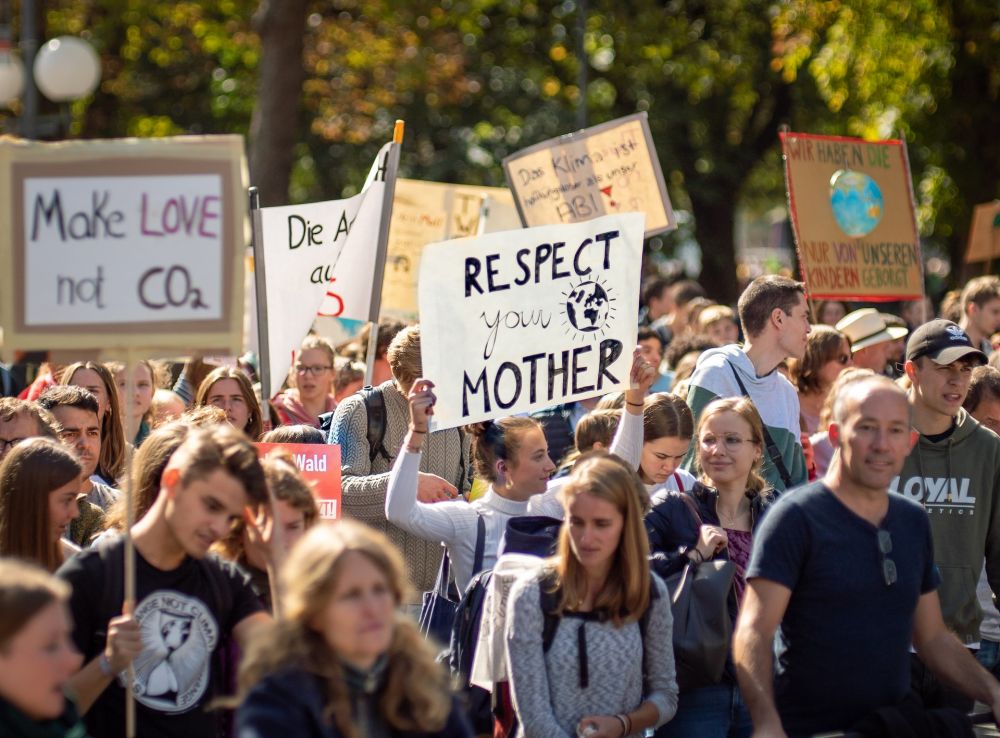Energy poverty is on the rise in Europe
25 July 2023
The energy crisis triggered by Russia’s war in Ukraine has cast a shadow over Europe, impacting the lives of its citizens. In 2022, a staggering 9.3% of the population struggled to keep their homes adequately warm, marking a concerning jump from the previous year's 6.9%, according to Eurostat.
Amidst surging energy prices, the European Economic and Social Committee (EESC) convened its third annual conference on energy poverty on Wednesday, July 19, shedding light on the alarming situation. The crisis measures put in place have not effectively addressed the issue, which was further exacerbated by the conflict in Ukraine.
One significant step towards mitigating energy poverty was the European Commission’s REPowerEU plan, introduced in May the previous year. This initiative aimed to shield households from energy shortages and successfully reduced Europe’s dependence on cheap Russian gas. However, challenges persist in bringing down energy prices.
Adela Tesarova, a senior official at the European Commission’s energy department, acknowledged the need for additional measures to enhance energy efficiency and empower consumers. Ensuring good insulation in homes during winter is crucial to protect consumers from rising energy bills. Currently, Europe's renovation rate is too low to make a substantial difference. The European consumer organisation BEUC advocated raising the renovation rate as a key objective in the ongoing revision of the Energy Performance of Buildings Directive, urging ambitious minimum energy performance standards.
To further support renovation efforts, effective communication to raise awareness of the benefits is essential. Massimiliano Mascherini from the European Foundation for the Improvement of Living and Working Conditions (Eurofound) stressed the importance of publicizing these advantages.
In light of the EU’s climate targets, sustainable housing is paramount, but it should not amplify inequalities. Kieran Pradeep, coordinator for the Right to Energy Coalition, underlined that tackling energy poverty is a structural issue requiring political decisions.
An additional aspect that cannot be ignored is the gender divide and the disproportionate impact of energy poverty on women. The European Parliament’s committee on women’s rights pointed out that the COVID-19 pandemic and the energy crisis have further exacerbated inequalities. The EESC highlighted that vulnerable populations, including low-income households, single-parent families, immigrants, people with disabilities, youth, and women, face a higher risk of experiencing energy poverty. Campaigner Katharina Habersbrunner emphasized the need to view energy poverty from an intersectional perspective, as women are particularly affected.
As we strive for solutions, Andrés Barceló Delgado, president of the EESC’s permanent group on energy, emphasized the importance of recognizing energy as a public service. The upcoming redesign of the electricity market should guarantee both a sustainable and reliable supply and the right to energy for all citizens.
In this critical juncture, Europe must join forces to combat energy poverty. Hopefully, innovative projects such as Sun4All that develop renewable energy sources, enhance energy efficiency, and empower consumers will pave the way to a fair, sustainable, and prosperous future.
Source: EurActiv.com
Image (Photo by Mika Baumeister on Unsplash)
All news
This project has received funding from the European Union's Horizon 2020 research and innovation programme under grant agreement N°101032239.

